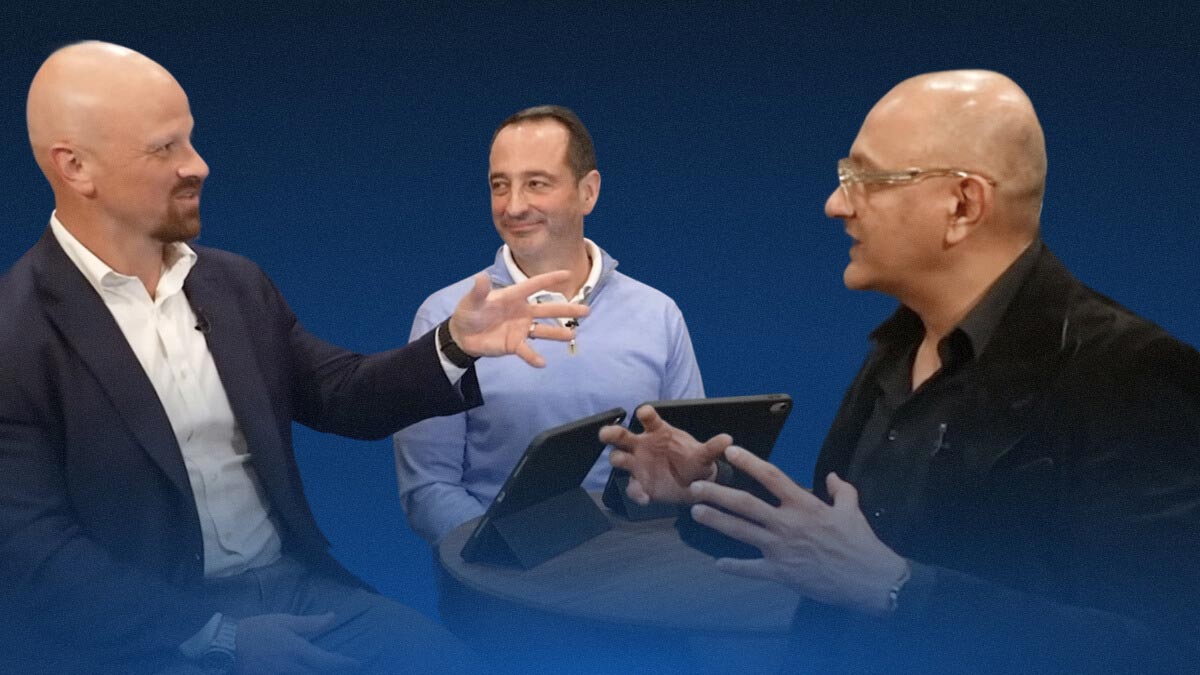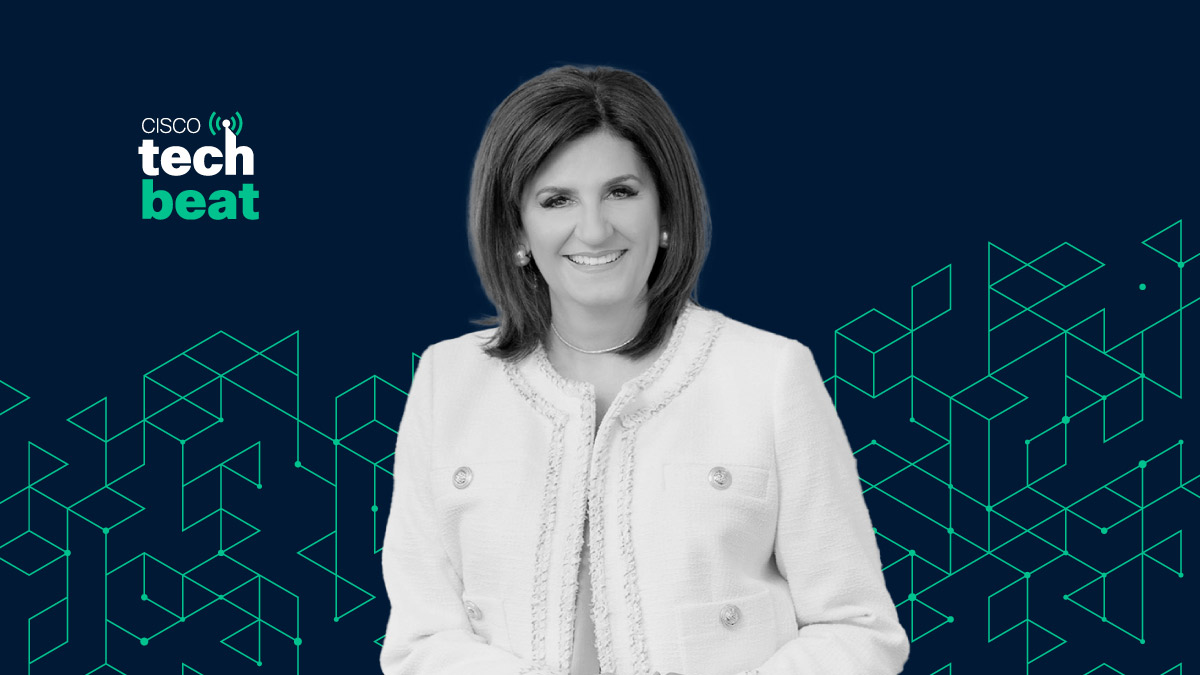Distributed Session Management Protocol (DSMP) Enables Service Providers to Efficiently Manage New Services by Distributing Accurate Session Status Across Multiple Servers
SAN JOSE, Calif. -- December 7, 1998 -- Cisco Systems, Inc. today announced a scalable way to maintain accurate user session information across multiple access control servers in large service provider environments. The new Cisco-developed technology called Distributed Session Management Protocol (DSMP), now available as an optional add-on module for the CiscoSecure Access Control Server (ACS) 2.3 for UNIX, will help service providers deploy new services, create new revenue opportunities and control costs. DSMP achieves this by reliably communicating user and group session information between distributed access control servers, while using a sophisticated data sampling technique to minimize the consumption of network bandwidth.
CiscoSecure ACS 2.3 for UNIX is a full-function access control server providing authentication, authorization and accounting (AAA) for large enterprise networks and network service providers. With thousands of customers worldwide, it supports both RADIUS and TACACS+ AAA protocols, and features support for external relational database management systems as well as a Web-based graphical user interface.
"DSMP technology presents many new revenue opportunities for service providers that take advantage of it to expand their value-added service offerings and appeal to a wider market," said David Gudmundson, vice president and general manager of Cisco's DSL and Systems Software Business Unit. "By introducing this technology to the industry, Cisco furthers its commitment to helping service providers build scalable and profitable networks."
Deploy New Services and Increase Revenues
With DSMP, service providers can deploy high-demand, revenue-generating services, such as a virtual private dial network (VPDN), while guaranteeing service level for all customers. To set up a reliable and profitable VPDN globally or by POP, a service provider must be able to offer the maximum number of sessions allowed per customer. By keeping track of how many users are simultaneously dialing in from various logical or physical POPs, DSMP allows service providers to manage oversubscription ratios that gives their customers predictable and controlled access to the same POP resources.Control Costs
Cisco's DSMP technology enables service providers to conserve their precious and costly resources - modems, lines and bandwidth. By maintaining session status across their networks, they can police the use of their services and ensure that customers have access to only the services they have purchased, without user account duplication. DSMP achieves this by limiting the number of concurrent sessions available to a specific user group; the systems administrator can monitor and reset states associated with session limitations.Cisco's DSMP technology uses a session reservation scheme to ensure accurate session counts on all servers without significant network bandwidth usage or latency. An innovative data sampling algorithm automatically determines the optimal access method required to achieve the highest DSMP performance. The technology takes advantage of standard database replication of Oracle and Sybase relational database management systems, allowing customers to maximize their investment in these reliable, robust and well-documented database technologies.
CiscoSecure ACS 2.3 UNIX with DSM, available immediately from Cisco Systems, has a list price of $25,500 per server. The DSM feature is available as an add-on for $23,500 per server. CiscoSecure ACS 2.3 UNIX is also available without DSM for $3,000. Cisco plans to offer DSM capability for other access control products in the future.
Cisco Systems
Cisco Systems, Inc. (NASDAQ:CSCO) is the worldwide leader in networking for the Internet.Cisco, Cisco Systems and the Cisco Systems logo are registered trademarks of Cisco Systems, Inc. in the U.S. and certain other countries. All other trademarks mentioned in this document are the property of their respective owners.



